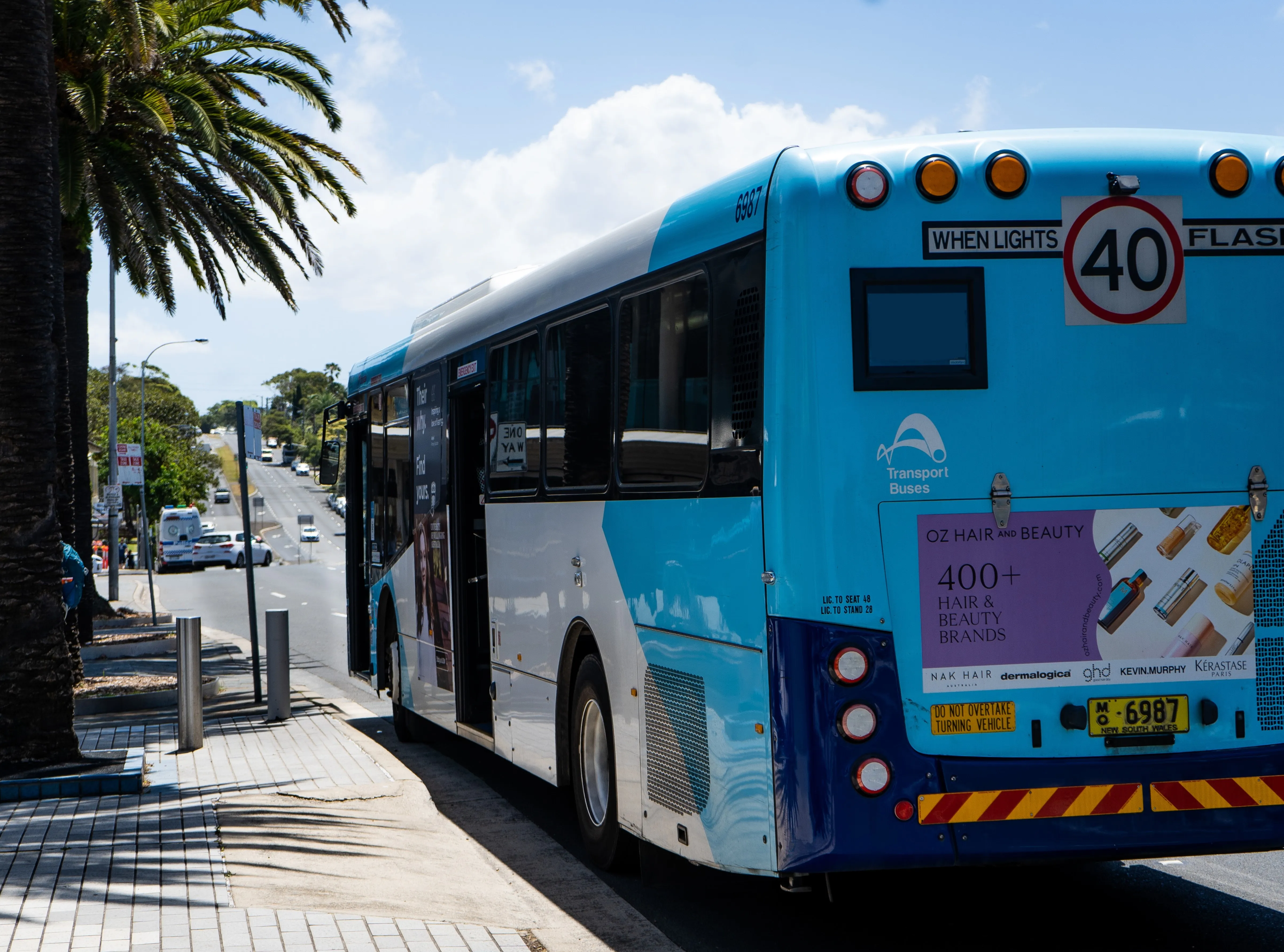A joint venture comprising Dutch consultancy and engineering company Royal HaskoningDHV and Saudi Arabian Mshari Al-Shathri engineering consultant has been appointed by the Saudi Arabia Ministry of Transport to prepare a feasibility study and preliminary design for a first public transport system for Dammam. The objective of the system is to alleviate congestion in the area, which has seen significant growth in recent years. Increasing use of private cars has led to congestion and at current growth rates,
July 26, 2013
Read time: 2 mins
A joint venture comprising Dutch consultancy and engineering company 6132 Royal HaskoningDHV and Saudi Arabian Mshari Al-Shathri engineering consultant has been appointed by the Saudi Arabia Ministry of Transport to prepare a feasibility study and preliminary design for a first public transport system for Dammam.
The objective of the system is to alleviate congestion in the area, which has seen significant growth in recent years. Increasing use of private cars has led to congestion and at current growth rates, experts are forecasting gridlock across the Dammam urban road network within a few years.
The project entails a feasibility study and preliminary design for a combination of 50 km of light rail, 110 km of bus rapid transit system and 350 km of feeder buses in Dammam Metropolitan Area, including King Fahd International Airport. The approach will be multidisciplinary and include public transport planning, infrastructure design, urban integration, operation planning, business case preparation, and procurement strategy.
Undersecretary for Transport Affairs, Dr Abdul Aziz Al-Ohaly said: “In order to improve mobility and to alleviate urban congestion, reduce noise and air pollution we realise that we need to encourage people to use public transport.”
Nils den Hartog, project manager for Royal HaskoningDHV said: “Public transport is currently almost non-existent in this car-dominated city where petrol costs no more than 15 cents per litre. A key challenge of this project will be the successful introduction of such a system.”
The objective of the system is to alleviate congestion in the area, which has seen significant growth in recent years. Increasing use of private cars has led to congestion and at current growth rates, experts are forecasting gridlock across the Dammam urban road network within a few years.
The project entails a feasibility study and preliminary design for a combination of 50 km of light rail, 110 km of bus rapid transit system and 350 km of feeder buses in Dammam Metropolitan Area, including King Fahd International Airport. The approach will be multidisciplinary and include public transport planning, infrastructure design, urban integration, operation planning, business case preparation, and procurement strategy.
Undersecretary for Transport Affairs, Dr Abdul Aziz Al-Ohaly said: “In order to improve mobility and to alleviate urban congestion, reduce noise and air pollution we realise that we need to encourage people to use public transport.”
Nils den Hartog, project manager for Royal HaskoningDHV said: “Public transport is currently almost non-existent in this car-dominated city where petrol costs no more than 15 cents per litre. A key challenge of this project will be the successful introduction of such a system.”








